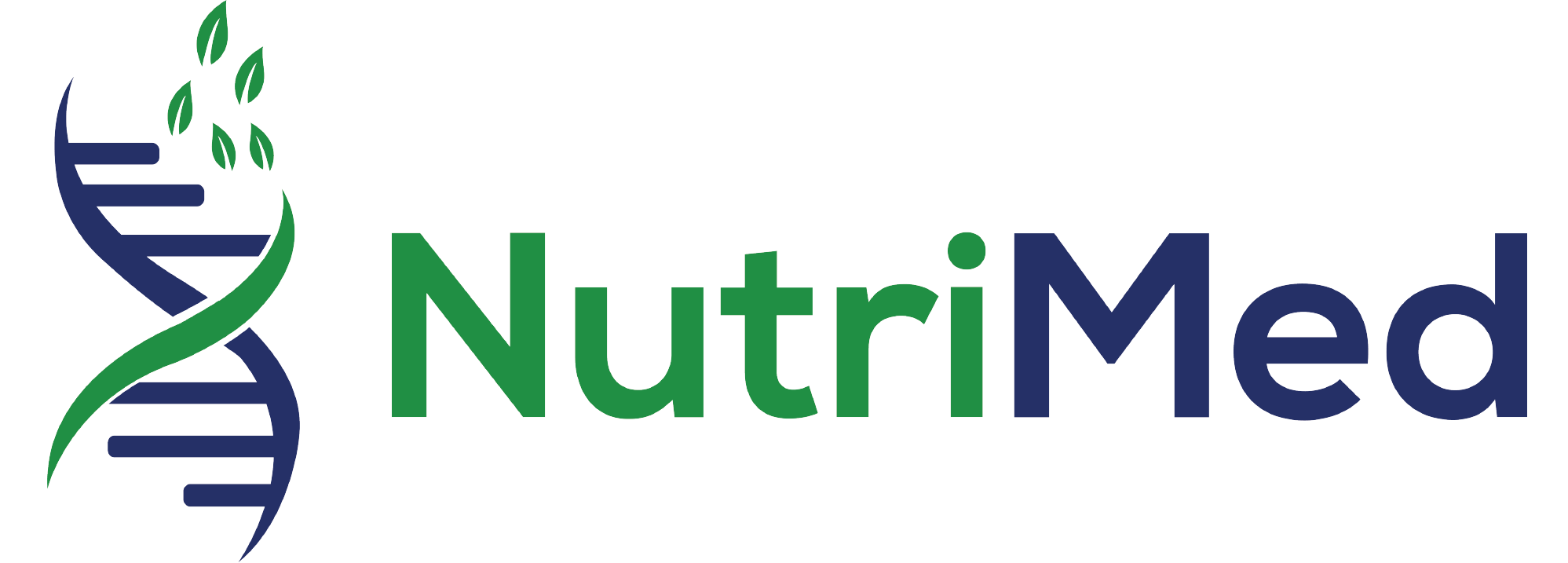Learning Disabilities
Learning Disabilities
Learning disabilities (LDs) are neurological disorders that affect the brain’s ability to receive, process, store, and respond to information. They can impact skills such as reading, writing, math, organization, and memory.
Types of Learning Disabilities
- Dyslexia: Difficulty with reading and related language-based processing skills.
- Dyscalculia: Difficulty with math concepts and arithmetic.
- Dysgraphia: Difficulty with writing, including handwriting, spelling, and organizing thoughts on paper.
- Auditory Processing Disorder (APD): Difficulty in understanding and processing auditory information.
- Visual Processing Disorder: Difficulty in interpreting visual information.
Symptoms
- Trouble reading and writing
- Difficulty understanding and following instructions
- Problems with math calculations and concepts
- Poor memory and organization skills
- Difficulty paying attention and staying focused
Diagnosis
Diagnosing LDs involves:
- Observations: By parents, teachers, and caregivers.
- Educational and Psychological Assessments: Conducted by specialists to evaluate specific learning challenges.
- Medical Evaluation: To rule out other potential causes of learning difficulties.
Causes
- Genetics: Family history of LDs.
- Brain Development: Differences in brain structure and function.
- Environmental Factors: Exposure to toxins, poor nutrition, or lack of stimulation.
- Medical Conditions: Premature birth, low birth weight, or head injuries.
Managing Learning Disabilities
- Individualized Education Plans (IEP): Customized learning strategies and accommodations in school.
- Specialized Instruction: Tutoring and educational therapy to target specific skills.
- Assistive Technology: Tools such as audiobooks, speech-to-text software, and visual aids.
- Behavioral Therapy: To address associated behavioral and emotional challenges.
- Dietary Supplements: Some studies suggest that omega-3 fatty acids, vitamins, and minerals may support cognitive function. Always consult a healthcare provider before starting supplements.
- Neurofeedback: A non-invasive therapy that monitors brain activity and provides real-time feedback to improve focus and cognitive function.
